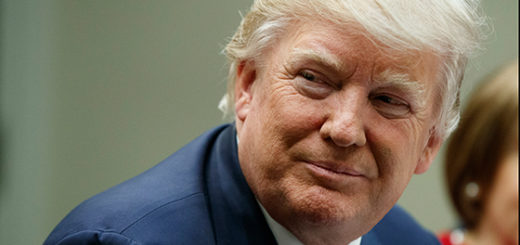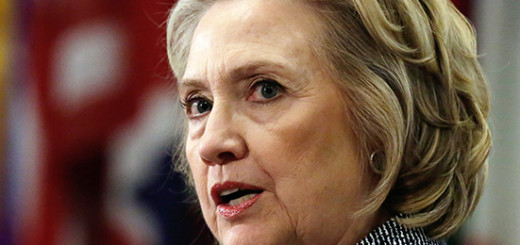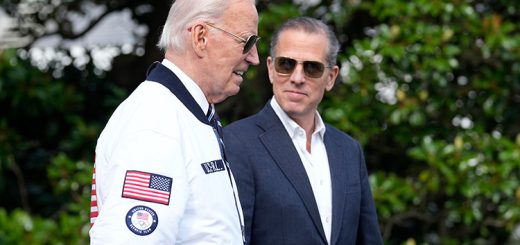Moses would have drilled.
I won’t often quote scripture in this space. But I’m going to this time because the scripture I’m about to quote is illuminating in today’s situation. I’m quoting Deuteronomy, the eighth chapter beginning with the seventh verse. Moses is speaking to the Israelites:
For the LORD your God is bringing you into a good land, a land of brooks of water, of fountains and springs that flow out of valleys and hills; a land of wheat and barley, of vines and fig trees and pomegranates, a land of olive oil and honey; a land in which you will eat bread without scarcity, in which you will lack nothing; a land whose stones are iron and out of whose hills you can dig copper. When you have eaten your fill you shall bless the LORD your God for the good land that He has given you.”
What was true coming from Moses 5,000 years ago in the Land of Israel is true today in America. We have been given by God a land that is rich in resources from which He intends that we live and prosper. We are obligated to respect that gift and to use it wisely. We are to be good stewards of the resources we have been given. But make no mistake, our abundant resources were given to be used.
It is said that Samuel Slater launched the Industrial Revolution in America in Pawtucket, Rhode Island in 1789. Slater used hydro-power from the Blackstone River to power the first mechanized textile mill and, in the process, became the first industrial polluter by discharging waste from the plant back into the river.
Slater was the first but by no means the last. As America industrialized, steel mills and manufacturing plants sprang up along lakes and rivers and waterways, discharging waste products into the water and particulates and toxic gases into the air. As just one example, in 1969, Lake Erie captured public attention when its tributary, the Cuyahoga River, became so polluted by petrochemical discharge that it actually caught fire spontaneously.
That was a needed wake up call and it led to the Clean Water Act of 1972 and, more important, focused our attention on the need to conduct our industry in ways less damaging to our natural resources. And we have done so. Today, Lake Erie, once pronounced “dead”, lives.
Today in America, air and water pollution are dramatically reduced compared to the early 1970s. Cleaner burning engines, better industrial practice and a widespread public ethic on environmental stewardship have all combined to make us more productive than ever with less negative impact on the environment.
This is true with respect to oil and gas production. Better technology together with sensible government regulation has served to make American oil companies the cleanest oil producers in the world. One of the many perverse effects of the current obstruction to oil and gas production in the United States is that we are effectively exporting environmental damage by virtue of increased production in the Persian Gulf and in Siberia, two areas where the producers are much less fastidious about the environment than we are.
America led the world in improving its environmental stewardship because it was sufficiently prosperous so as to be able to do so. Our successful economy afforded us the means and the will to clean up our own environmental house. To imperil that prosperity now by choking off the energy that fuels our economy ultimately poses a threat to the very environment we hope to protect.
Being responsible about our environment is a good thing. Taking that responsibility to a ridiculous extreme – an extreme that becomes a substitute for concrete action in the face of adversity – is not.
We humans did not invade the earth. We were put here by the same God that led the people of Moses to the Promised Land. Like it says in the Desiderata, no less than the trees and the stars, we have a right to be here.
We were meant to live off the earth.
Drilling for oil in own land in a way that respects the environment is not only possible, it is, in light of our obligations to our own citizens and our role in the world, the only responsible thing to do.









Dear Paul, I am constantly amazed at your ability to see the picture so clearly. How you made the connection between Moses and our right to use our earth is brilliant.
Mr. G,
You called it right on the money! GW lifted the executive ban on offshore drilling and oil dropped six dollars.
As usual, your presentation of the true perspective of a situation is outstanding.
Thank you for expressing thoughts on important subjects with such inspired logic.